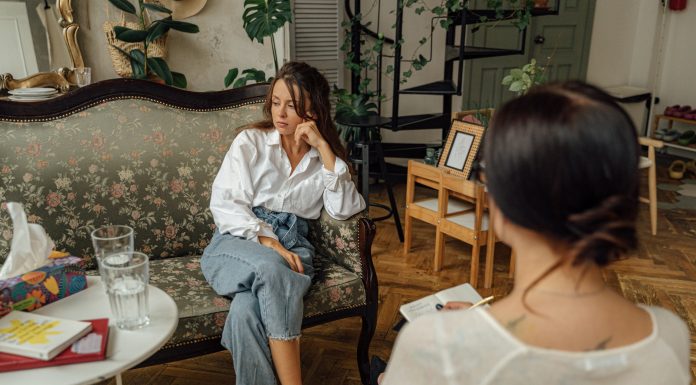Johannesburg – According to research commissioned by the Dove Self-Esteem Project, more than 80% of South African girls are ashamed of their appearance.
The research points to increased screen-time due the Covid-19 pandemic.
The results show that 83% of girls locally change or hide at least one body part or feature before posting a photo of themselves compared to 77% globally.
Dove recently launched the ‘Reverse Selfie’ film, highlighting that girls start using retouching apps by the age of 13.
It found that South African girls spend almost 2.5 hours on social media, taking an average number of 13 selfies before they are happy posting on social media. They spend more than 10 minutes preparing for the photo, and those with low body esteem distort their photos before posting.
“In our efforts to create a world where beauty is a source of confidence not anxiety, we would like to raise awareness about the importance of having conversations with the young people in your life about self-esteem and digital distortion in social media. If the research that has been done is anything to go by, then we as individuals throughout this country need to unite to empower young people to be their most authentic selves.
“As Dove, we are providing a confidence kit, a free resource on our website with tools for parents, teachers and mentors with the aim of empowering young people and turning these numbers around,” said Sphelele Mjadu, Unilever Beauty and Personal Care Senior PR Manager for Africa.
Mjadu said social media filters and editing apps have dramatically changed the way girls can be creative with their photography, allowing them to experiment with self-expression. But when they distort the way they really look in an attempt to meet unrealistic standards that cannot be achieved in real life, they can have a lasting and harmful impact on girls’ self-esteem.
Based on these findings which highlight the importance that influencers play in the how young people view the world and themselves, Dove South Africa has partnered with well-known personalities and advocates for real beauty, including Lesego Legobane (also known as Thickleeyonce), Hulisani Ravele, Bothlale Boikanyo, Chantel Struwig and Tasneem Valley.
Through these partnerships we hope that we can continue to create awareness and educate and remedy the negative effects of social media and create a movement for change, standing against digital distortion of images on social media.
Professor Phillippa Diedrichs, research psychologist at the Centre of Appearance Research at the University of West England and body image expert said: “Though certain aspects of social media can promote connection and wellbeing, in recent years dozens of scientific studies have shown that social media can negatively influence body confidence, mood and self-esteem. This happens when users spend significant amounts of time posting selfies, using editing apps and filters to alter their appearance, comparing themselves to others and seeking validation through comments and likes. It’s, therefore, imperative that we help young people to develop skills to navigate social media in a healthy and productive way.”
Follow @SundayWorldZA on Twitter and @sundayworldza on Instagram, or like our Facebook Page, Sunday World, by clicking here for the latest breaking news in South Africa. To Subscribe to Sunday World, click here.
Sunday World



